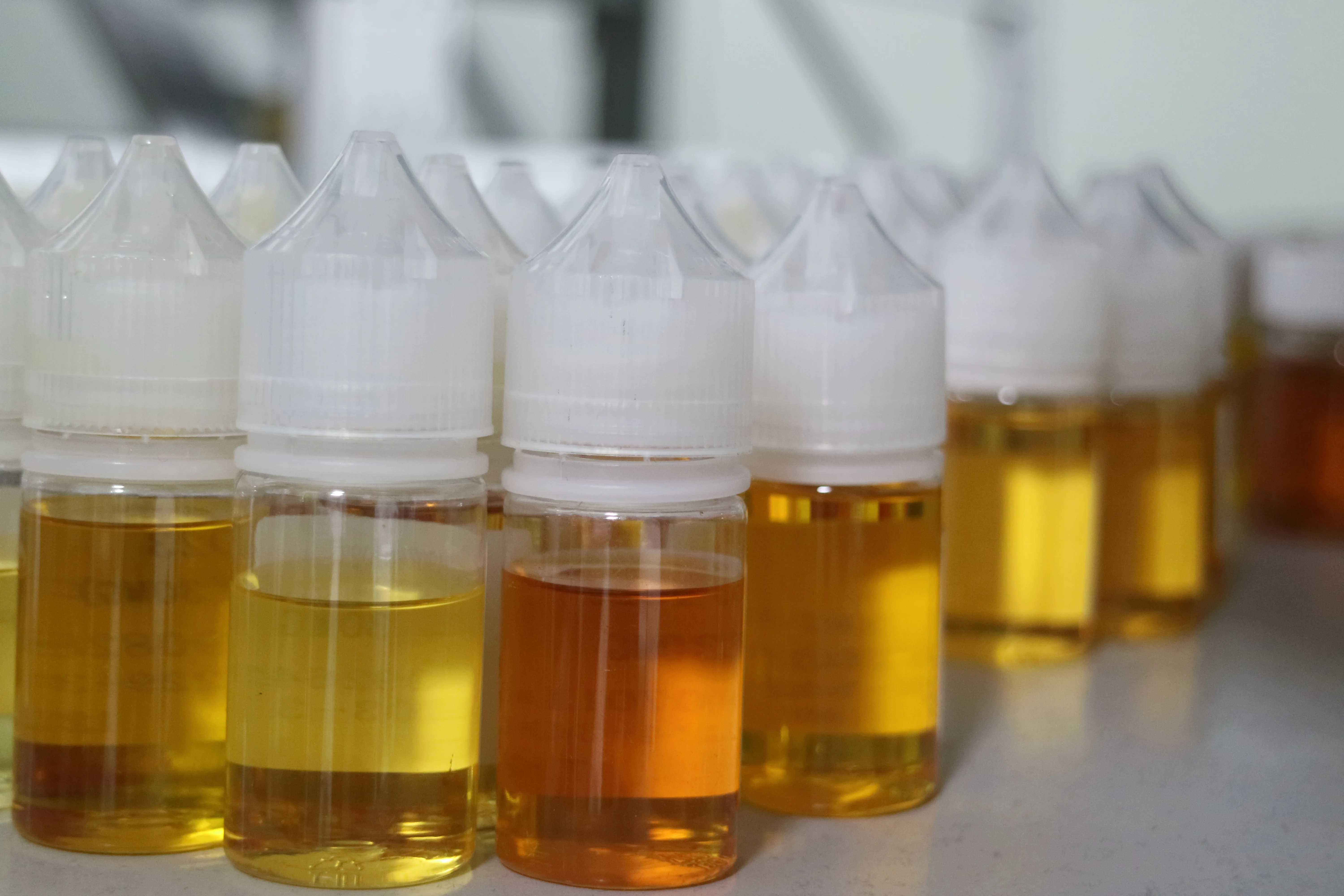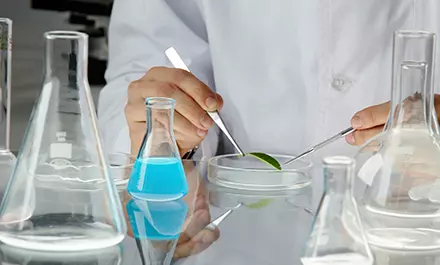
Is e liquid safe?
E-liquid is a vital component of e-cigarettes or vaping devices. These devices have become a popular alternative to traditional cigarette smoking, with an increasing number of people worldwide switching to e-cigarettes. E-liquids often consist of a mixture of nicotine, flavorings, vegetable glycerin, and propylene glycol, or sometimes a combination of both.
E-liquids have been under scrutiny since their introduction. Some individuals wonder if they are safe enough to use since they generate vapor when heated. In this essay, we will explore the safety concerns surrounding e-liquids.
E-liquids often contain nicotine, which is highly addictive, and therefore causes safety concerns. Inhaling nicotine vapor affects the respiratory system, leading to difficulty breathing, bronchoconstriction, and worsening of asthma symptoms. Additionally, nicotine is also associated with the increase of heart rate and blood pressure. These side effects of nicotine consumption can potentially lead to fatal health complications, particularly when consumed in large doses. Therefore, nicotine levels in e-liquids must be regulated to make them safer for use.
Another major safety concern associated with e-liquids is the potential presence of harmful additives. Some e-liquids may contain diacetyl, a chemical linked to severe lung damage. Diacetyl is commonly found in some butter-flavored e-liquids and can cause "popcorn lung," a respiratory condition that causes coughing, shortness of breath, wheezing, and other lung-related issues. Other harmful additives to look out for include acetaldehyde, formaldehyde, and acrolein.

Additionally, e-liquids may consist of the base liquid mixture of vegetable glycerin and propylene glycol. Though these compounds are safe for human consumption, prolonged exposure or inhalation of either may cause health concerns. Propylene glycol is commonly used in many household products, including cosmetics and medications, and is considered to be safe for consumption. Vegetable glycerin is also considered safe for consumption but can cause irritation and inflammation in the lung tissue when inhaled.
Furthermore, like traditional cigarettes, e-cigarettes emit carcinogenic chemicals and heavy metals such as lead, chromium, and nickel. These harmful substances can cause long-term health problems, such as cancer, respiratory issues, and cardiovascular disease.
Therefore, it is crucial to ensure that e-liquids are manufactured and regulated appropriately to minimize the exposure of these contaminants. Regular testing and regulation of e-liquids should be conducted to ensure their safety, and manufacturers must be held to specific standards.
A major issue with e-liquid safety is the lack of regulation. E-liquids are currently unregulated in most countries, meaning that some manufacturers can produce and market their e-liquids without proper quality control. This lack of regulation means that many e-liquids vary in quality and safety, and in some instances, it can be challenging to know what additives are present.
The lack of regulation also means that there is no standardization for e-liquid packaging and labeling. Users may be unaware of the nicotine levels present in their e-liquid, which could lead to overconsumption and potential health consequences.
Some countries have taken the initiative to regulate e-liquids to make them safer for use. The European Union (EU), for example, has set specific guidelines regarding the production and sale of e-cigarettes and e-liquids. The EU Tobacco Products Directive (TPD) established regulations to limit nicotine levels, restrict ingredients, introduce childproof packaging, and require detailed labeling.
The United States Food and Drug Administration (FDA) has also taken steps to regulate e-cigarettes and e-liquids. In 2016, the FDA announced regulatory changes aimed at controlling the marketing and sale of e-cigarettes, requiring manufacturers to seek approval for their products before they were released to the market. However, in 2019, the FDA postponed the decision to regulate the flavorings added to e-cigarettes until 2022, leaving some flavored e-liquids unregulated and potentially dangerous.
In conclusion, e-liquids' safety depends on the ingredients used in their production and the regulation and production standards set by manufacturers. Nicotine, additives, and base liquids present in e-liquids can cause immediate and long-term health concerns if not handled appropriately. Lack of regulation and standardization poses safety concerns for e-liquid users, with some manufacturers being able to sell toxic and harmful products. Therefore, it is critical that governments and regulatory bodies take stronger steps in monitoring e-liquids' production, marketing, and sale, enforcing stricter laws to protect consumers' welfare.

We will contact you as soon as possible









